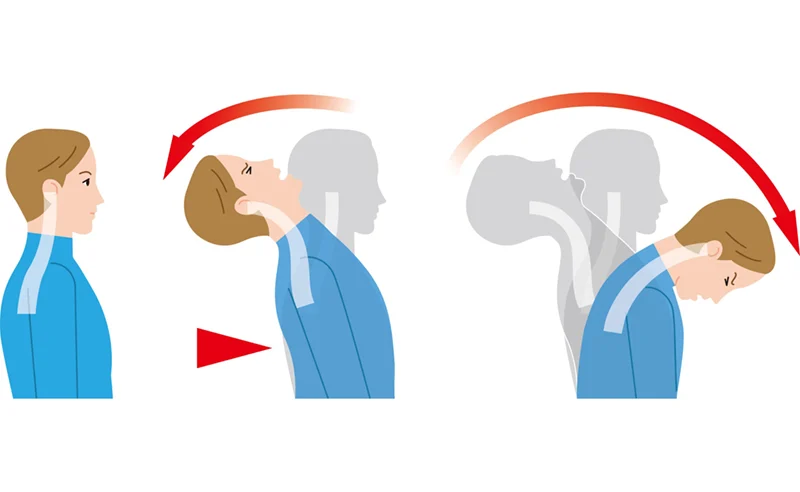Headaches and migraines can be extremely debilitating, affecting both physical and mental well-being. They disrupt daily activities, making it difficult to focus or complete tasks. This persistent discomfort drains energy, leaving individuals feeling exhausted and frustrated. Additionally, headaches contribute to stress, worsening symptoms and creating a vicious cycle of pain.
Essential Oils and Vitamins
Essential oils offer a simple yet effective way to relieve headaches and migraines. Many people find relief using peppermint and lavender oils. These oils can be diffused, inhaled, or applied topically to ease pain. Studies show that applying essential oils to the temples and forehead can significantly reduce headache discomfort.
Neurofeedback
Neurofeedback has been extensively studied for its effects on migraines and headaches. It helps those whose migraines stem from stress or excessive brain activity. This therapy trains the brain to self-regulate and reduce stress-related triggers. Many people use neurofeedback for anxiety, and by calming the brain, it can also help minimize headache frequency and severity.
Mechanical Work
Massage therapy, chiropractic adjustments, spinal manipulations, and neck work can relieve the tension that contributes to headaches and migraines. Different people hold tension in different areas, so treatments vary depending on individual needs. Targeted adjustments and bodywork can release tight muscles, improve blood flow, and reduce headache intensity.
Diet and Hormonal Balance
Food and drinks play a significant role in triggering headaches and migraines. Certain foods cause the body to release hormones and chemical reactions that may lead to headaches. Identifying and eliminating problematic foods can help reduce frequency and severity. Keeping a food journal can help track which foods might be contributing to symptoms.
Visual Therapy
Eye strain and improper eye movement can contribute to headaches and migraines. Many people overlook their visual tracking abilities, assuming that clear vision means their eyes are functioning properly. A thorough visual exam, including eye-tracking assessments, can reveal underlying visual issues that may be causing headaches.
Vitamin and Supplement Deficiencies
Deficiencies in Magnesium, Vitamin D, and Riboflavin are commonly linked to headaches and migraines. A simple blood test can determine if you’re lacking essential nutrients. Correcting deficiencies through supplements or dietary changes can significantly improve symptoms.
Find Relief Today
If you struggle with headaches or migraines, we are here to help. Call (408) 585-5275 or email info@norcalbrain.com for a free consultation. Our team can help identify underlying causes and develop a personalized treatment plan to get you feeling better!







